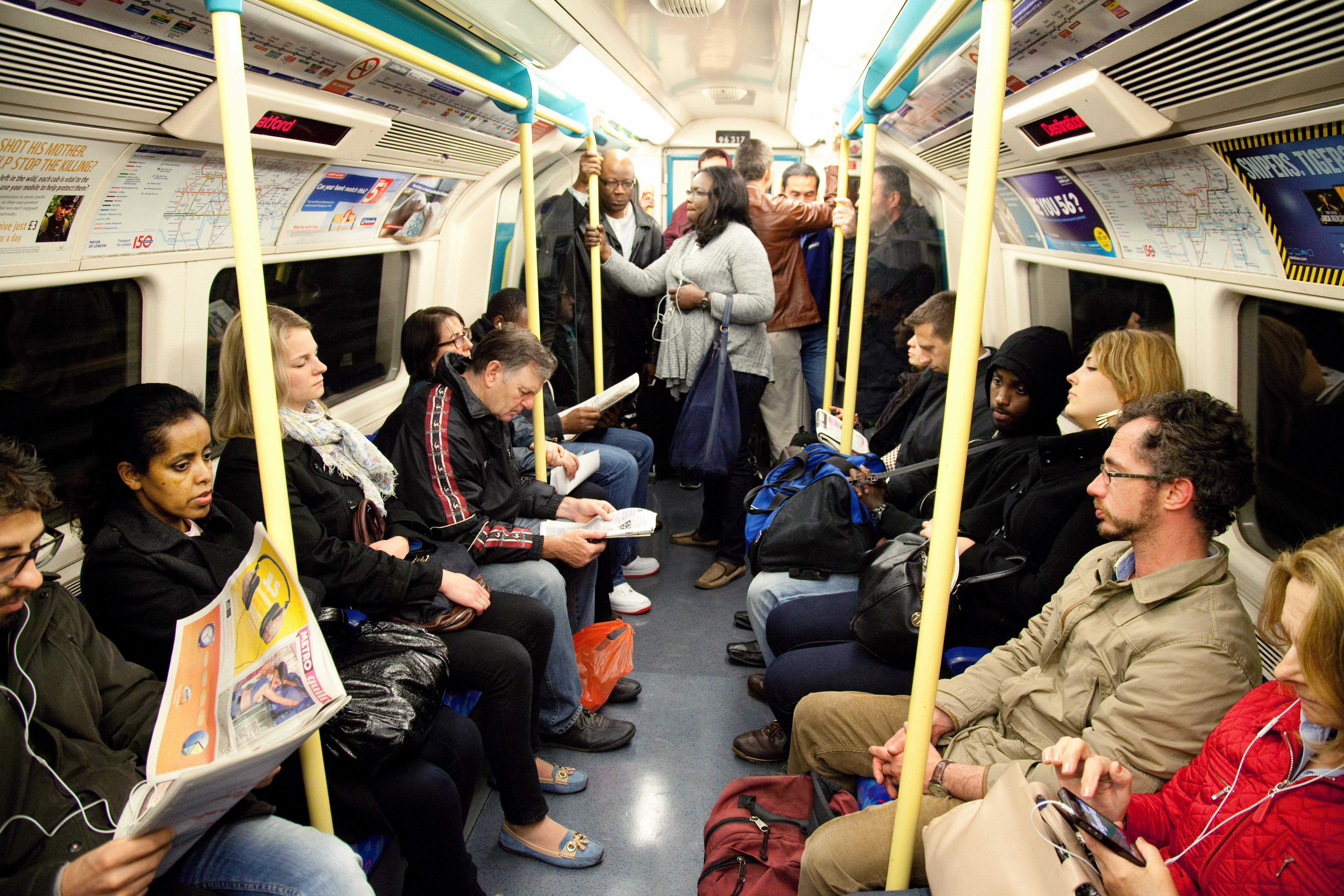As I write these words, Pope Benedict XVI speaks in the background, Alma Mater available on YouTube. There is something quite mysterious and uplifting and for want of a better word, encouraging about his voice encapsulated within this context. It reminds me of the beauty of theology, the sacredness of it, and yet simultaneously, much like the often-mentioned word within the context of children of the ordained, the ‘lamentable definition’ somehow sullies that sacredness and has driven me far from the church; this Easter I pray I can make it home again.
The Pontifical Commission for the Protection of Minors (PCPM) completed its Plenary Assembly at the beginning of March. I received a letter from the Vatican Commission recently. The letter, available on Coping’s website, reads as follows:
“Now with a broader mandate and after a period of restructuring to align itself with its new place within the Roman Curia, the Commission recently approved the creation of a Study Group on the question of Vulnerability which will also consider the subject as it pertains to children of priests.” – PCPM, 2024.
The Commission’s website, while reflecting on the March Assembly, states that “[the] Commission green-lights high-level Study Group on the issue of vulnerable adults and their safeguarding in Church entities.” So, the new “high level” study will include the topic of children of priests. It is a welcome development indeed, however, the words “high level” whilst inspiring, lack clarity as to what that means.
First and foremost, any study on any given topic would assume a direct connection with said object or entity, whether that investigation be qualitative or quantitative or both. Does the PCPM intend on speaking with children of the ordained, if so, where will they find them? Maybe they will speak to the few brave souls who have spoken publicly about their experiences, but that would not equate to a high number by any standards.
If the Commission does not speak directly to those impacted by this phenomenon, which should not exclude priests/religious who are parents, as well as the mothers and families of said persons, how do they plan on studying the phenomenon?
I fear that the PCPM, whilst impressive in their intentions, will rehash old theological realities, long held by the church, highlighting the “centrality” of the child, and so forth. The dogs of the Vatican streets know such ecclesial beliefs already, if someone needs to be told them, they should probably take the collar off and back out of the room slowly and apologetically. A document that has no direct connection or experience of the child of a priest, that reminds us of child-centredness is hardly worth the paper it is written on. So, what should the Commission do?
- The first step is to say the words, “children of the ordained and religious”, verbally, out loud and into a microphone before the media.
- Analyse the problems experienced by children of priests, as heard directly from said individuals; this would be achieved by gathering children of priests from across the world into a central location and giving each person time to speak and be heard and listen. This conference should be attended and organised in conjunction with the PCPM.
- Collate the findings and direct statements as heard by those in attendance at the first conference concerning children of the ordained/religious and examine them with appropriate psychological and church safeguarding experts.
The response of the PCPM, to the findings of said conference would thus be rooted in actual experience, direct experience of children of priests, containing statements and some statistical information to query, what impacts the most and how? For instance, in my experience at Coping, the primary object of harm is the presence of secrecy within the domestic. This secrecy is presented as an object of protection, when in fact in imprisons, harnesses, and denatures.
What arguments could be presented against such a conference? Some may contest it stating ‘the privacy of the individuals would be compromised, and this would be unfair, etc.’ Those in attendance, children of priests and religious and otherwise would be attending of their own free will and I am confident that Coping has within its capacity, enough for such a conference to be actioned. From Australia, India, South America, England, Scotland, Ireland, France, Spain, Portugal, Italy, and Germany, I could go on.
Who would pay for such a conference? The church, whether that be the PCPM directly, or perhaps a more convenient approach would be for the diocese/religious order of the child’s parent, would ideally financially assist the conference participant in attending.
Where would such an event be? A neutral venue is probably the best option as for some children of priests, religious iconography can trigger/activate them in negative ways. On a personal level, I would see Maynooth Seminary, Saint Patrick’s College, as an appropriate venue as it is the seat of the Irish Bishops. The first episcopal conference in the world to publicly address the issue of children of priests, openly. Suffice it to say, neither the Bishops nor Maynooth College has no knowledge about this proposed conference, much less discussed it, for transparency purposes.
The conference would have as its purpose, to come to a much deeper and more intimate understanding of the psychological, social, and cultural issues that impact children of priests. What lasting impact do these experiences have upon their lives from an employment, educational, and psychological perspective?
The conference would not be theological, rather, an attempt to examine and to understand this unexplored world. For the first time, openly, the church could respond in a maternal way, for the church is maternal, from a theological perspective.
What good is it for the church to compose guidelines and not publish them?
Step one, above, needs to be actioned. That step should begin with a sincere apology for the enslavement of children of priests:
“The offspring begotten from such a pollution shall never receive an inheritance from their parents, but, what is more, they shall remain forever in the service of the Church to whose disgrace they have been begotten by its priest or minister.”
– Ninth Council of Toledo, 655.
We, your children, are still enslaved, enslaved by institutional secrecy, as old as the church itself.
If church authorities prefer to ignore us and compose documents and letters and hide them in the drawers and locked file cabinets of episcopal offices worldwide, consider then, have you listened as you said you would?
More importantly, when you, at last, close your eyes and the Risen Christ of Easter greets you, what if this issue comes up? Because what is within the deep recesses of your heart is what will emerge?
Are you ashamed of us, your children, or, are you willing to love us and set us free?



 Loading ...
Loading ...
What do you think?
You can post as a subscriber user ...
User comments (1)
The index entitled this article as "ethical" rather than "ecumenical", which got me a bit confused and wondering if there was a subject such as ecumenical ethics - which there is, and very interesting, too. A serendipitous mistake. Thank you for enlightening me!